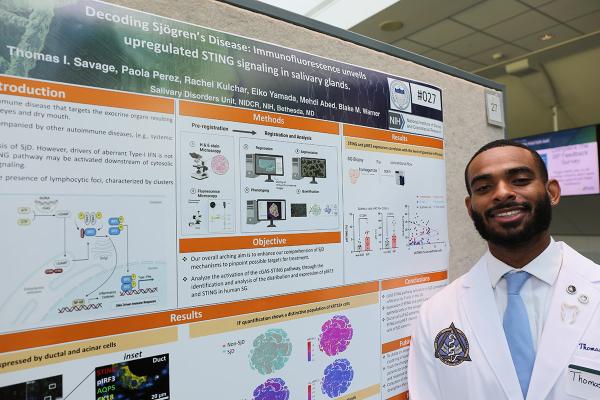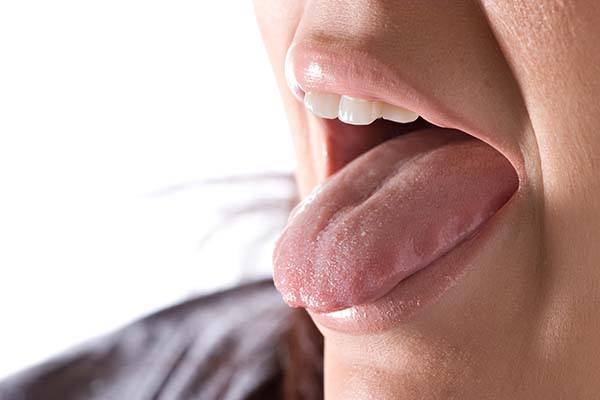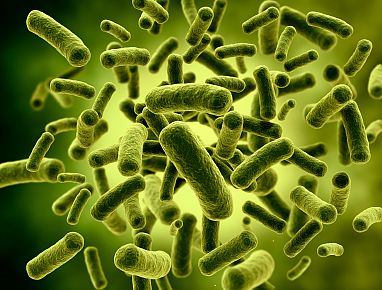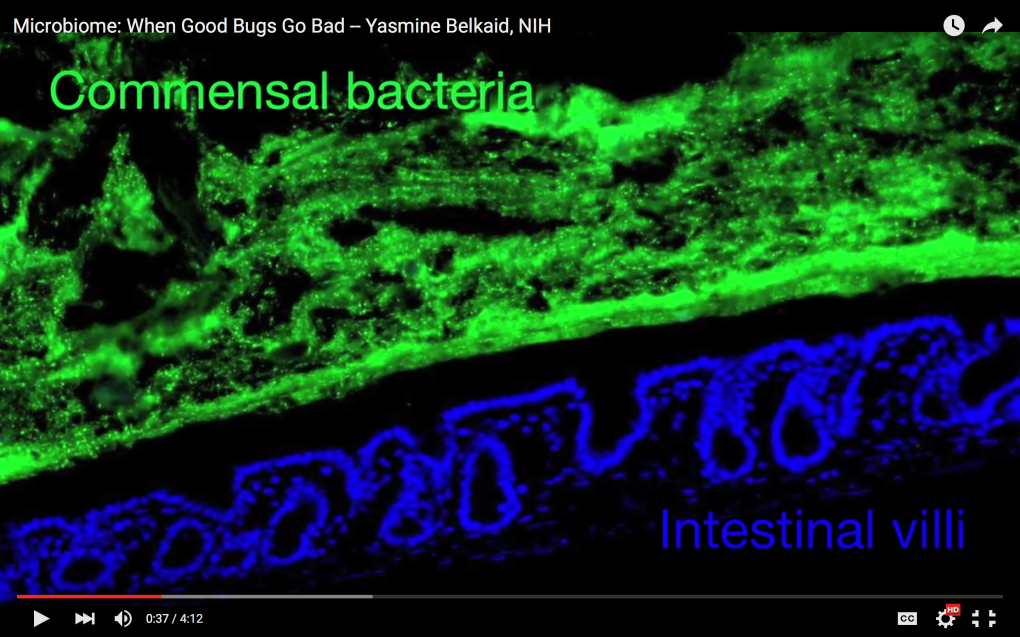A Summer of Science
Summer Poster Days Showcase IRP Summer Intern Research
Every summer, NIH welcomes hundreds of enthusiastic young men and women to its campuses to work as summer interns, providing them with scientific training and mentorship from some of the world’s preeminent researchers. As always, the Summer Internship Program culminated this year with Summer Poster Days, held on August 1 and 2, a bustling event where summer interns showcase the results of their immersion into IRP research. Nearly 800 IRP summer interns participated in this year’s event, presenting research on cancer vaccines, new applications for virtual reality technology, experimental antifungal treatments, how the brain perceives pitch in sounds, and much more. Read on for a glimpse at some of this year’s summer interns and the work they braved a blazing Washington, D.C., summer to pursue.





